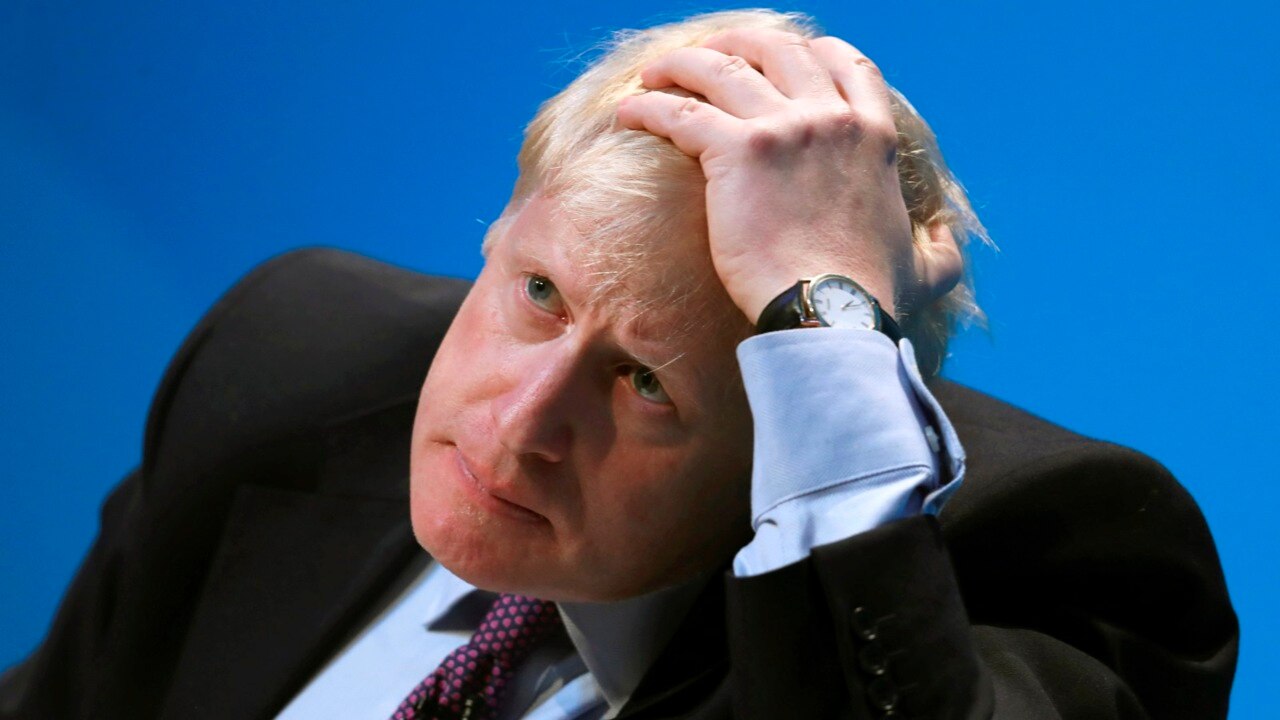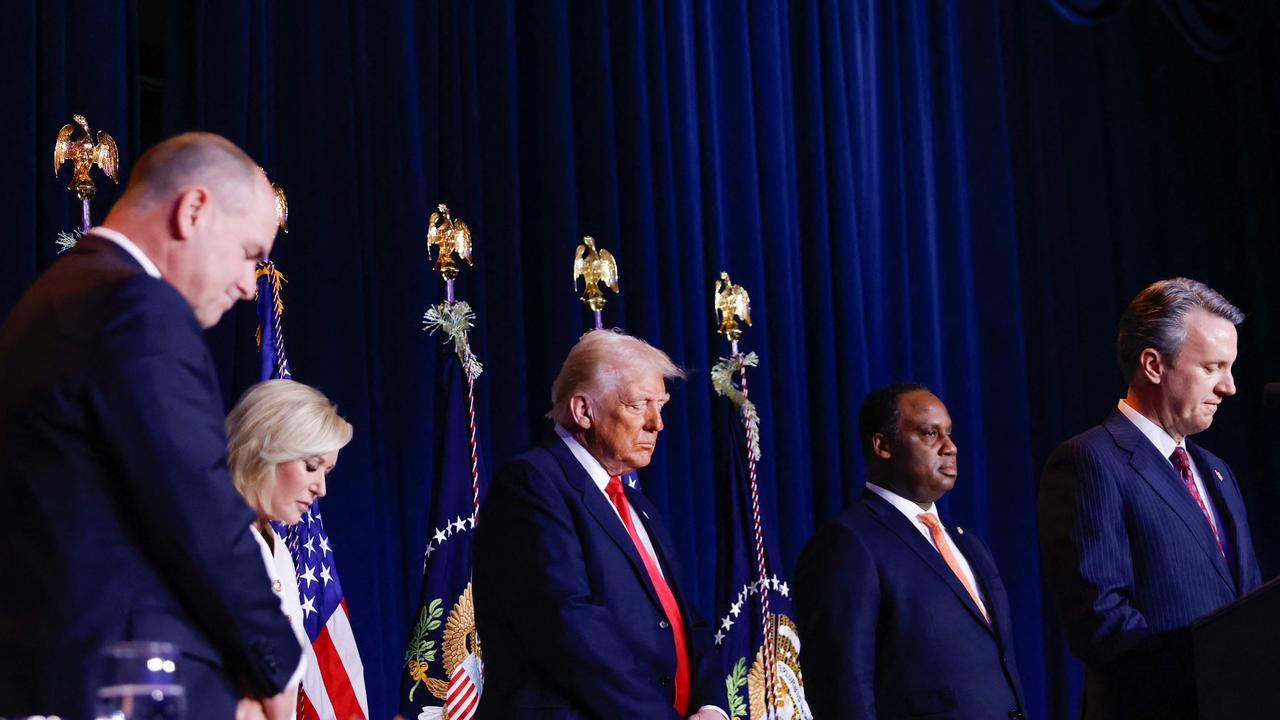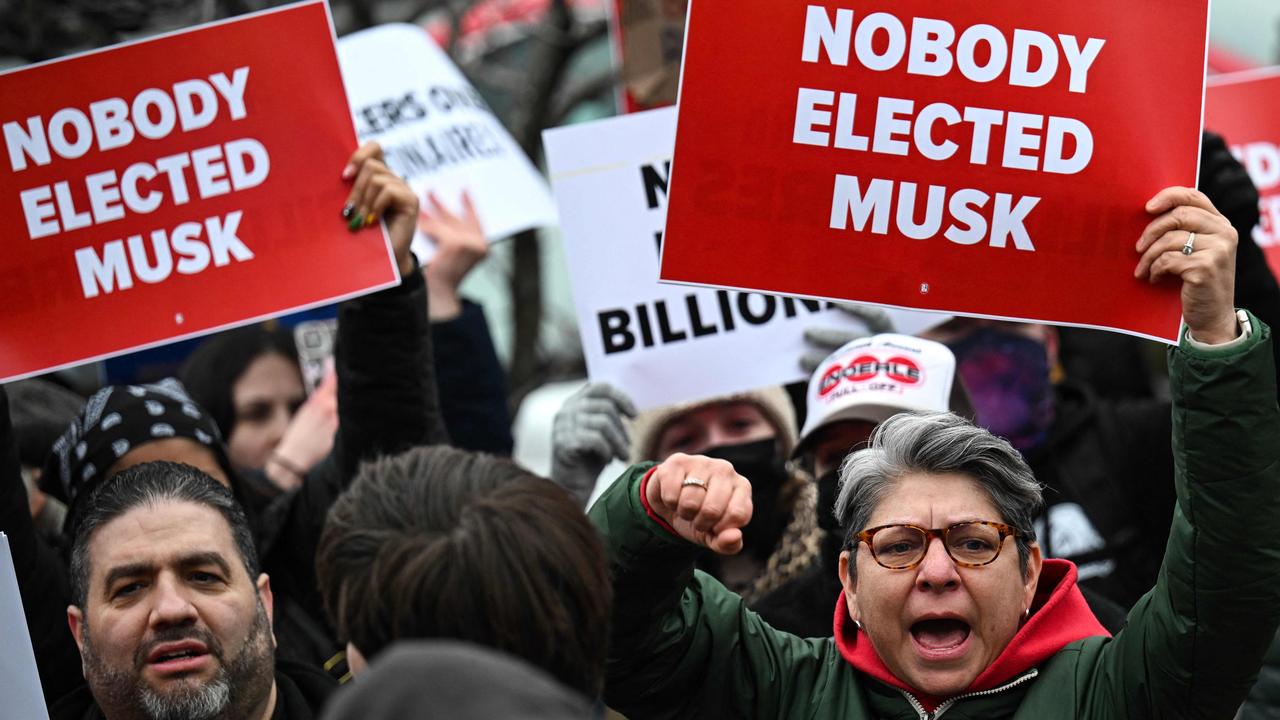Labour, SNP plot to block Boris Johnson from second try at calling election
Johnson’s plans for another go at calling an election hit by plot to block poll before a Brexit delay.

Boris Johnson’s plan for a second attempt at calling an early election may be scuppered by an opposition plot to block a poll before the next Brexit delay.
The government said late on Thursday it would try again to call an early poll to break the political deadlock over Brexit.
After MPs voted to reject a snap poll, leading Brexiteer Jacob Rees-Mogg told MPs he would put forward a “motion relating to an early parliamentary election” to be voted on Monday evening.
The details of the motion will be published on Friday morning (AEST). There is speculation that the government may use an alternative route to that used on Thursday, for example by introducing a short piece of legislation that would only require a simple majority of MPs to pass. Thursday’s vote was defeated because it needed a two-thirds majority in favour.
But opposition leaders Jeremy Corbyn and Ian Blackford, of the Scottish National Party, reportedly agreed the election could only take place after Mr Johnson had secured another extension from the EU.
The pact could lead to Labour and the SNP calling a confidence vote on Mr Johnson on Tuesday (AEST).
It came as Mr Johnson told voters he would “rather be dead in a ditch” than ask Brussels for an extension.
The Prime Minister made the comment at an event in West Yorkshire when he was asked if he could promise he wouldn’t ask Brussels for a delay. He refused to rule out resigning, telling reporters: “(A delay) costs a billion pounds a month, it achieves absolutely nothing, what is the point of further delay. I think it’s totally, totally pointless.”
Mr Johnson had been dealt a blow earlier in the day when his brother, a junior minister who had voted to remain in the EU, resigned from government saying he had been “torn” between family loyalty and the national interest.
He had reportedly been hit hard by the prorogation of parliament and the removal of the whip from 21 Tory rebels.
The MP for Orpington, who has served as a minister under three prime ministers, last November resigned from Theresa May’s government over her withdrawal deal, accusing her of offering MPs a choice between “vassalage and chaos”, and warning a no-deal Brexit would “inflict untold damage on our nation.”
It transpires that the PM and Jo Johnson had a long phone conversation last night about his resignation. Boris urged Jo to reconsider overnight. He didn't. PM said nothing about it to even his most senior aides.
— Tom Newton Dunn (@tnewtondunn) September 5, 2019
According to The Sun, the brothers had a long phone conversation about Jo’s resignation on Wednesday night local time, with the PM ending the chat by urging his younger brother to sleep on it.
Overnight, Mr Johnson had to cut short his planned weekend with the Queen at Balmoral to handle the Brexit crisis.
Second attempt to call poll
The nature of the motion for an early poll may affect whether it is successful or not. On Thursday (AEST), the government failed in its bid to call an election despite winning a vote in the House of Commons, because it was made under a 2011 law that requires the support of two-thirds of MPs.
There is speculation that ministers could try to force an election via an alternative route, for example by introducing a short piece of legislation that would only require a simple majority of MPs to pass.
Earlier, the Prime Minister retreated in his battle against MPs trying to prevent a no-deal Brexit after the failure of his bid for an early election. The backdown is expected to result in the House of Lords passing legislation forcing him to seek an extension to negotiations on a deal with Brussels.
Mr Johnson suffered two more defeats in the House of Commons earlier as MPs first voted to compel him to secure another extension and then denied him the poll he wants on October 15.
Twenty-one Tory rebels joined Labour to vote for the Brexit delay bill that would force the government to seek an extension to article 50 of the Lisbon treaty — the mechanism to leave the EU — securing its passage through the Commons by a 29-vote majority.
Mr Johnson wants Britain to leave the EU — “no if, no buts—— with or without a deal on October 31 after the deadline was twice extended under former prime minister Theresa May.
His motion to force a general election failed to secure the support of the necessary two-thirds of MPs — 434 — for an early election under the Fixed-Terms Parliaments Act of 2011. The 650-seat Commons voted 298 for and 56 against after Labour abstained.
Labour leader Jeremy Corbyn said the party would vote for an early election only after the Brexit delay bill had become law after being granted Royal Assent.
Mr Johnson’s government agreed that the Brexit delay bill — moved in the Commons by former Labour cabinet minister Hilary Benn and whose supporters included former Tory chancellors Philip Hammond and Ken Clarke — should be allowed to progress through the Lords by 5pm on Friday (2am Saturday AEST).
Peers loyal to Mr Johnson had been trying to waylay the bill with a lengthy dispute over its timetable but the chief whip in the Lords announced a truce about 1.30am on Thursday. The bill should return to the Commons for any changes and receive Royal Assent on Monday.
Mr Johnson is expected to give a speech on Friday outlining the dangers of what he calls “Jeremy Corbyn’s surrender bill”. A No 10 spokesman said: “Jeremy Corbyn continues not only to block Brexit but is now also stopping the people having their say by refusing a general election.” If the bill passes all stages next week, Mr Johnson could then make a fresh attempt at securing an early election.
Labour is divided over how best to wield its power to agree to a general election. Its Treasury spokesman, John McDonnell, told the BBC his party was still consulting on how best to secure an election date that would reduce the chances of no-deal. Peers who had brought pyjamas to Westminster were saved from an all-night sitting by the government’s climbdown. They were prepared for a lengthy fight over Labour and the Liberal Democrats’ proposal for a time limit on the Brexit delay bill in order to ensure it could pass before next week’s prorogation, or suspension, of parliament.
Ministers and Leave-supporting peers had said it was against the conventions of the upper chamber, where debates on legislation are not generally subject to constraints. Remainers accused Brexiteers of dressing up their determination to preserve no deal as concern about procedure. Mr Corbyn faces a full-scale rebellion if he seeks to force his MPs to vote for an election before October 31.
AFP, The Times


